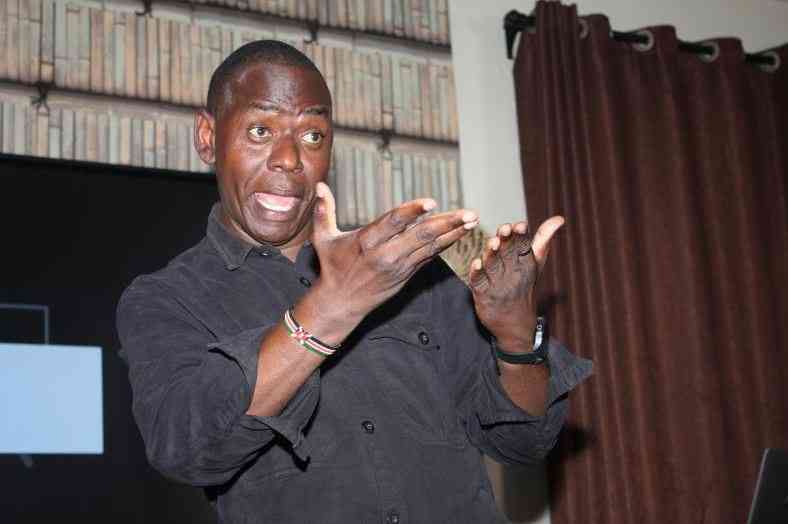
Elvis Odhiambo still remembers the bell in his hand. At just seven years old, it was his job to announce class time at his nursery school in Kisumu. The ringing bell was his favourite sound, his way of signaling the world.
Then one night, everything changed. A sharp pain pierced his ear. Days later, silence fell. He was hospitalised for three months, but doctors couldn’t give a clear diagnosis. When Elvis was finally discharged, he had lost his hearing and his mother, who died during his stay in hospital. It was a double blow that would shape his life forever. “I didn’t know what would happen to me,” he says. “I had no motivation to do anything.”
Hearing loss affects millions globally—and in many cases, silently. According to the 2022 Kenya Demographic and Health Survey (KDHS), 15 per cent of people aged five and above, about 7.5 million, experience difficulty with at least one function: seeing, hearing, communication, cognition, walking, or self-care.
Facts First
This story continues on The Standard INSiDER. Subscribe now for unfiltered journalism that holds power to account.
Already have an account? Login
 The Standard Group Plc is a multi-media organization with investments in media
platforms spanning newspaper print
operations, television, radio broadcasting, digital and online services. The
Standard Group is recognized as a
leading multi-media house in Kenya with a key influence in matters of national
and international interest.
The Standard Group Plc is a multi-media organization with investments in media
platforms spanning newspaper print
operations, television, radio broadcasting, digital and online services. The
Standard Group is recognized as a
leading multi-media house in Kenya with a key influence in matters of national
and international interest.











